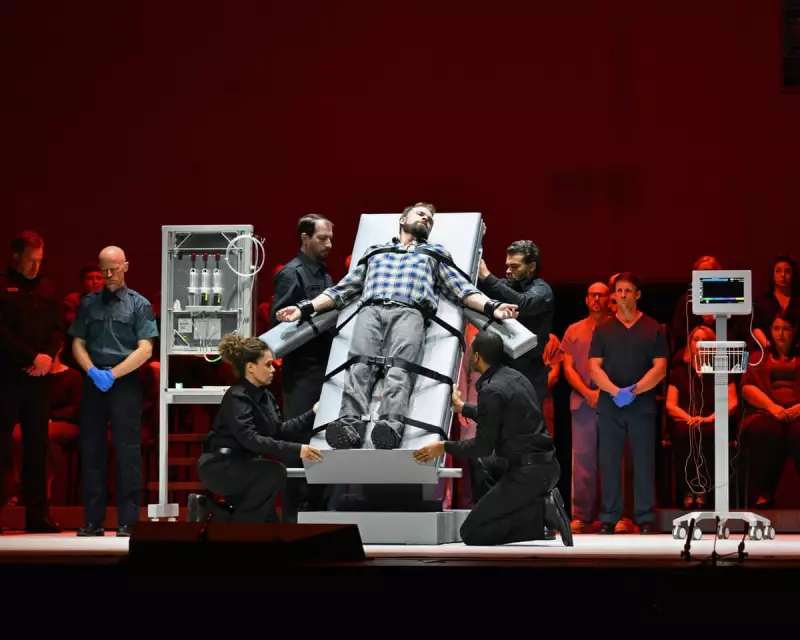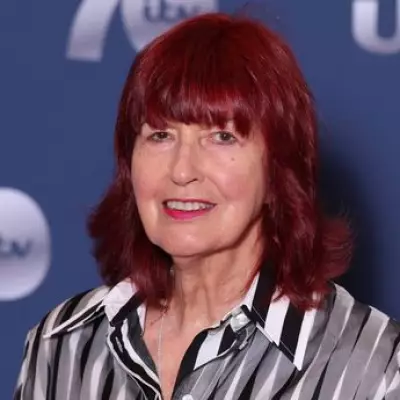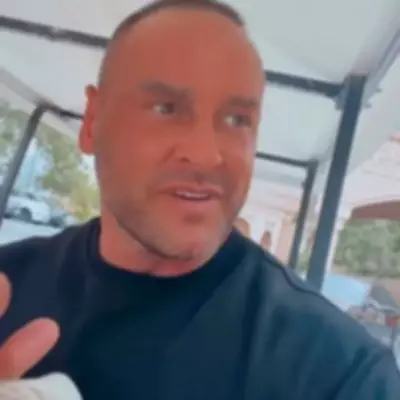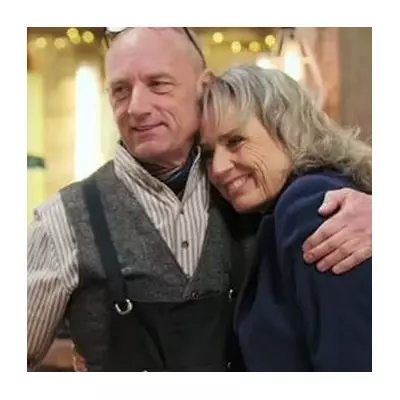
Twenty-five years after its explosive debut, Jake Heggie's Dead Man Walking continues to captivate audiences worldwide, defying operatic conventions and sparking crucial conversations about justice, redemption, and human dignity.
The Art of Asking Questions
In an exclusive reflection on his career-defining work, Heggie reveals his fundamental artistic philosophy: "Raise the questions, don't provide the answers." This approach, he believes, is what gives the opera its remarkable staying power and emotional resonance.
"The piece doesn't tell you what to think," Heggie explains. "It presents you with human beings in impossible situations and asks you to engage with their humanity."
A Quarter-Century Journey
Since its 2000 premiere at San Francisco Opera, Dead Man Walking has become the most performed American opera of our time, with nearly 70 productions across the globe. The work, based on Sister Helen Prejean's memoir, transformed Heggie from an emerging composer into a major voice in contemporary music.
The opera's journey began with a fateful collaboration with playwright Terrence McNally, who recognised in Heggie the perfect musical partner to tackle this challenging subject matter.
Beyond Political Statements
Heggie emphasises that the opera's power lies not in political advocacy but in human connection. "It's not an anti-death penalty piece," he insists. "It's a piece about human dignity and finding light in darkness."
This nuanced approach allows audiences from all perspectives to find meaning in the story, creating space for personal reflection rather than ideological debate.
The Legacy Continues
As new generations discover the work, Heggie remains committed to its core mission of fostering empathy and understanding. The opera's ability to speak to contemporary issues while remaining timeless in its emotional impact demonstrates the enduring power of art that challenges rather than comforts.
Looking ahead, Heggie continues to create works that explore complex human experiences, carrying forward the lessons learned from his landmark creation that changed American opera forever.





